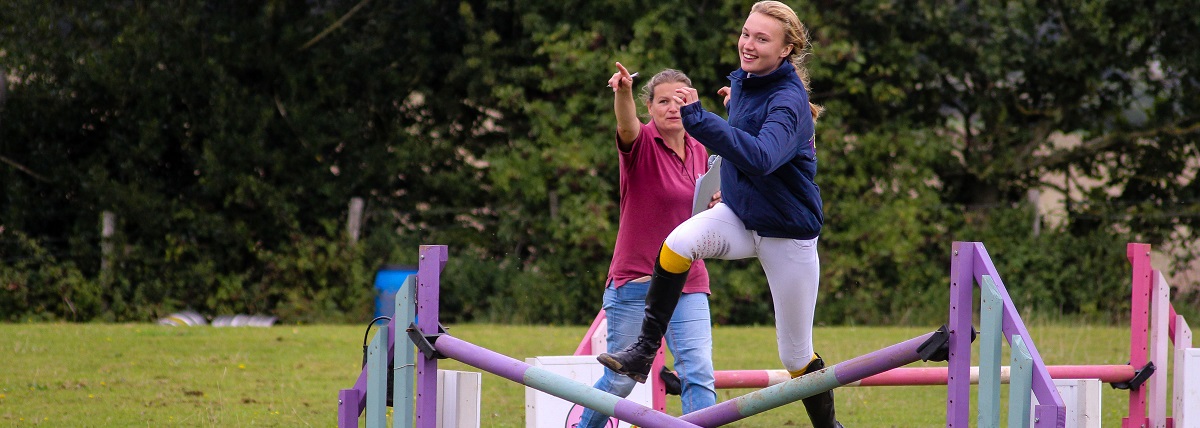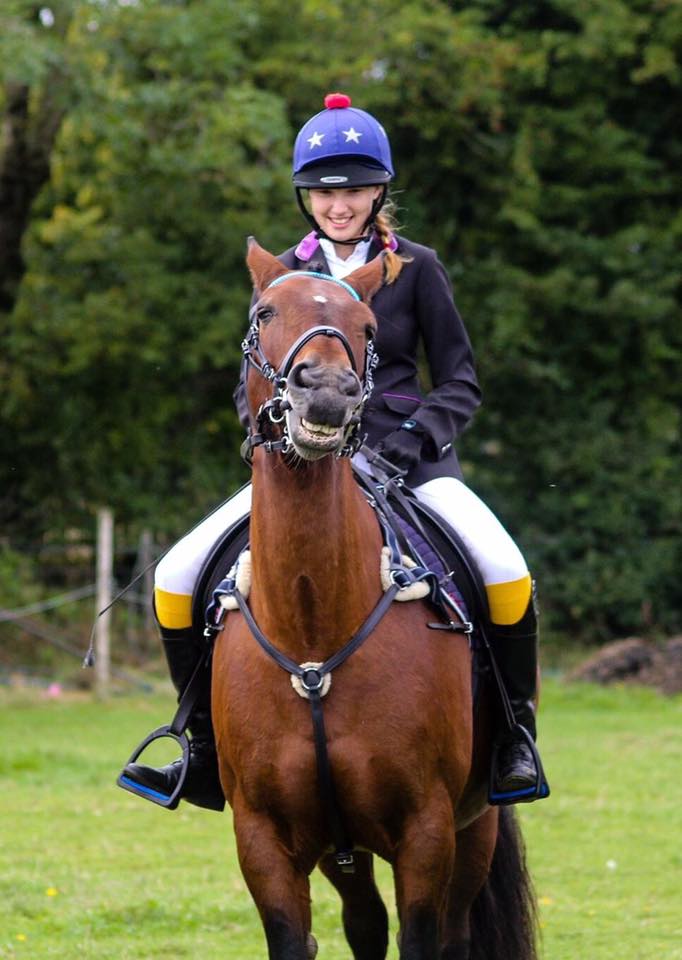
What is Cushing's disease?
Cushings or PPID (Pituitary Pars Intermedia Dysfunction) is a very common disease in older horses usually between the age of 18-23, but very unknown by many horse owners. Cushing's is a dysfunction of the pituitary gland, this is due to over-activity of one part of the pituitary gland resulting in the excessive release of certain metabolically active proteins and hormones, there is no cure for Cushing’s disease. The signs of PPID are often very vague and they can be variable, this means they may easily be confused with other diseases or simply put down to ‘old age’.

Cushing's disease symptoms:
- Hypertrichosis, long and curly hair
- Delayed coat shedding
- Fat deposits, mainly along the crest of the neck and over the top of the tail
- Change in attitude
- Laminitis (horses that suffer from laminitis are 5x more likely to get PPID)
- Tiredness
- Sweating
- Infections
- Increased drinking and urination
Horses may display any of these signs, but each individual case is different.
My mum has always been concerned about Brie’s delayed shedding but she always put it down to his age and having been clipped too late in the year. When his curly coat started to develop, my mum decided to google what potentially could be happening, was she over rugging? Was he having too much exercise at his age? She discovered, by researching the symptoms online, a disease in horses called PPID which fitted some of his symptoms well. Brie has never had laminitis nor did he have recurrent infections but he did develop a large crest in his neck. A few weeks later, my mum had a blood test completed on Brie to test him for the disease, it confirmed PPID. A few more tests were completed on Brie and he was given tablets to take, to help keep the disease under control. These pills are called Prascend and they are known for being bitter! Brie has to take 1 and ½ of these tablets a day, we have tried them in feed, in apples, in jam sandwiches… he spits them out every time! Currently, we are putting them inside mints and he is eating them, for the time being!
What is prascend?
Prascend is the only licenced medical treatment. It controls the symptoms and doesn’t cure or reverse PPID. It contains a drug called pergolide and is a lifelong treatment. Within the first 6 months the dose may need adjusting, Brie went from having 1 pill a day to 1 and ½ within the first 6 months of being on the drug. The drug can cause loss of appetite and lethargy, this should settle over time and so should the dose adjustment. To ensure that everything is working correctly there is a 6-8 week blood test after the start of treatment then every 6 months afterwards.
Brie leads a very healthy and happy life as a 22-year-old chap. He hacks several times a week and still is enjoying learning new things in his regular lessons. To help Brie, me and mum ensure that we have Brie clipped, to make sure that he doesn’t become uncomfortable or distressed while working, he has regular dental care, vaccinations, worming and also enjoys a treatment for his back every 6 weeks! If you have noticed any of the symptoms in your horse or would like to find out more information then get in touch with your vet or there are a lot of helpful websites online to help you.
